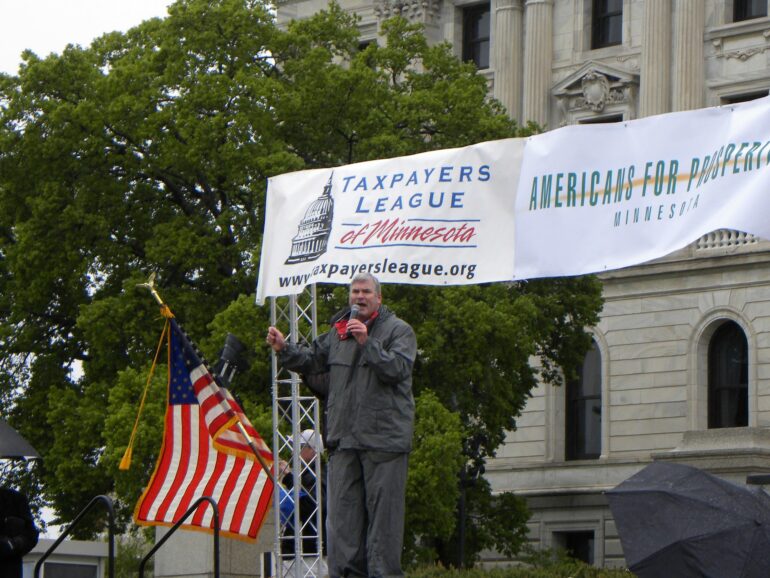House Majority Whip Tom Emmer (R-Minn.) is now reportedly calling for a serious rethink of how Washington handles its budget deadlines, floating the idea of moving the government’s fiscal year-end away from Sept. 30 — a date that has become synonymous with brinkmanship, stopgap measures, and near-annual shutdown threats.
“We’re going to have to figure out, as we go forward, how we move that timeline up — or we put the year, the fiscal year-end, in a different place,” Mr. Emmer said in an interview Thursday.
The problem, as the Republican leader described it, is structural. Congress traditionally leaves Washington in August for district work periods, then returns after Labor Day with just weeks to fund the government before the deadline. “You go do your district work period in August. You’re gone, working your district, doing everything else — you come back after Labor Day, and it’s simply too short,” Mr. Emmer said. “Even though all those bills are done, there’s still so much left to do.”
This year is no different. The government is barreling toward an Oct. 1 shutdown, with the House having approved a seven-week “clean” continuing resolution (CR) on Friday — a temporary fix promptly rejected by the Senate. The stand-off once again underscored how Congress has failed to restore a “regular order” appropriations process, the goal that Republicans have repeatedly promised.
“Something will have to be discussed as we go forward,” Mr. Emmer said. “If we are going to accomplish our goal of going back to a regular order appropriations process, there have to be some adjustments made or commitments made as to deadlines and everything else.”
Congress has struggled with this routine for decades. The modern fiscal calendar, created under the 1974 Congressional Budget and Impoundment Control Act, shifted the government year to run from Oct. 1 to Sept. 30 beginning in 1977.
But according to the Congressional Research Service, Congress has failed to pass full appropriations on time in all but three years since then, relying instead on CRs or massive “omnibus” packages.
The current system, in other words, is hardly sacred. Before 1977, the federal fiscal year ran from July 1 to June 30. Other reform proposals have circulated as well. Rep. Steve Womack (R-Ark.), while co-chair of a 2018 joint committee on budget reform, suggested moving the fiscal year start to Jan. 1, though his recommendations went nowhere.
House Appropriations Committee Chair Tom Cole (R-Okla.) emphasized that the deeper problem lies in Congress’s work habits. “I think this place breaks too much and works too little,” Mr. Cole said.
He argued that more floor time in May, June, and July would allow appropriations bills to be handled before the end-of-year scramble. “Deadlines are like alarm clocks around here. So until you get to the deadline, you got too many people that don’t get serious,” he warned.
Still, both leaders suggested there is some progress. Mr. Emmer described the mood among House Republicans as constructive despite the looming threat. “Part of the problem we have on our side is we want everything done yesterday.
It’s just that business mentality of, you know, whatever’s in front of me,” he said. “This is legislating. This involves 435 people with all different backgrounds, beliefs, agendas, whatever you want to call it. It’s a little bit more difficult than that. It’s not like turning a speed boat on a dime.”
“We’re moving in the right direction,” he added.
[READ MORE: Fetterman Rebukes Democrats for Fixating on Kimmel Suspension as Shutdown Looms]



